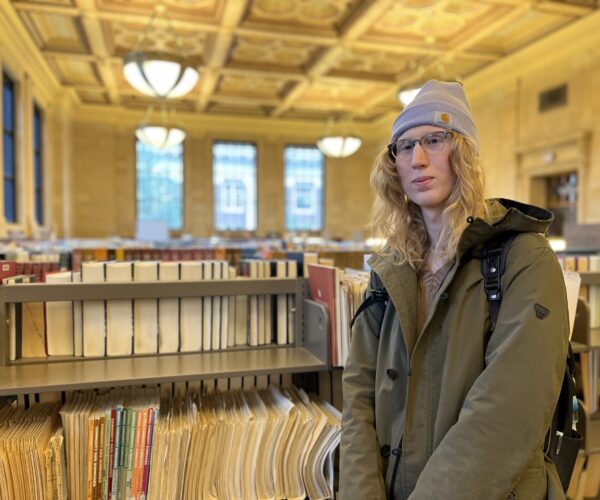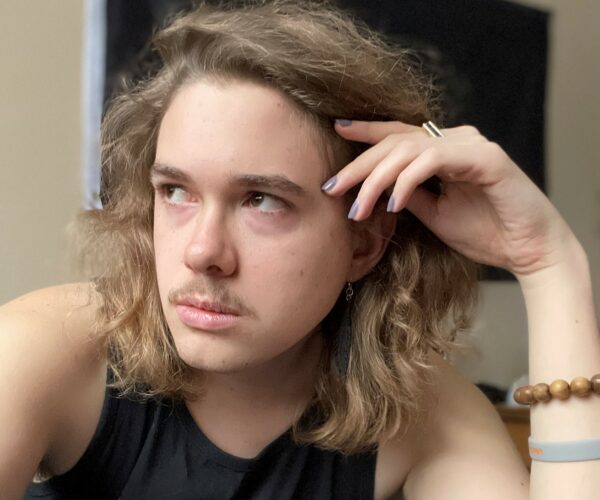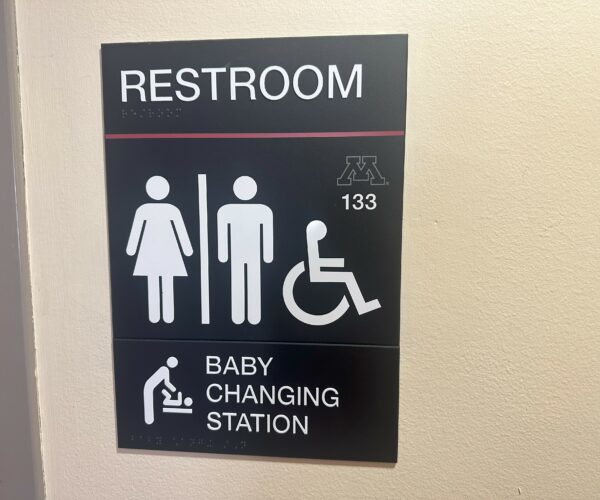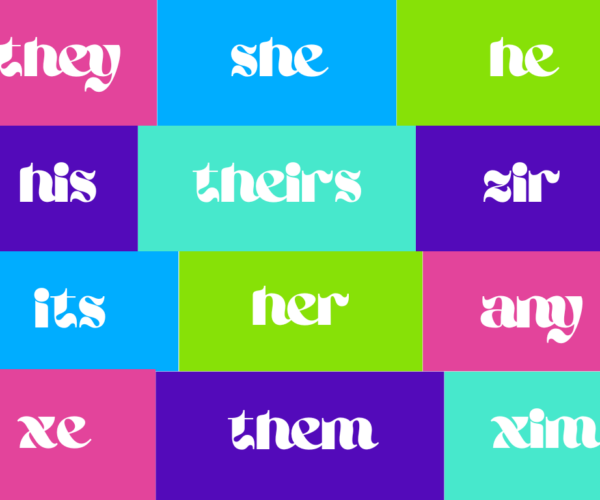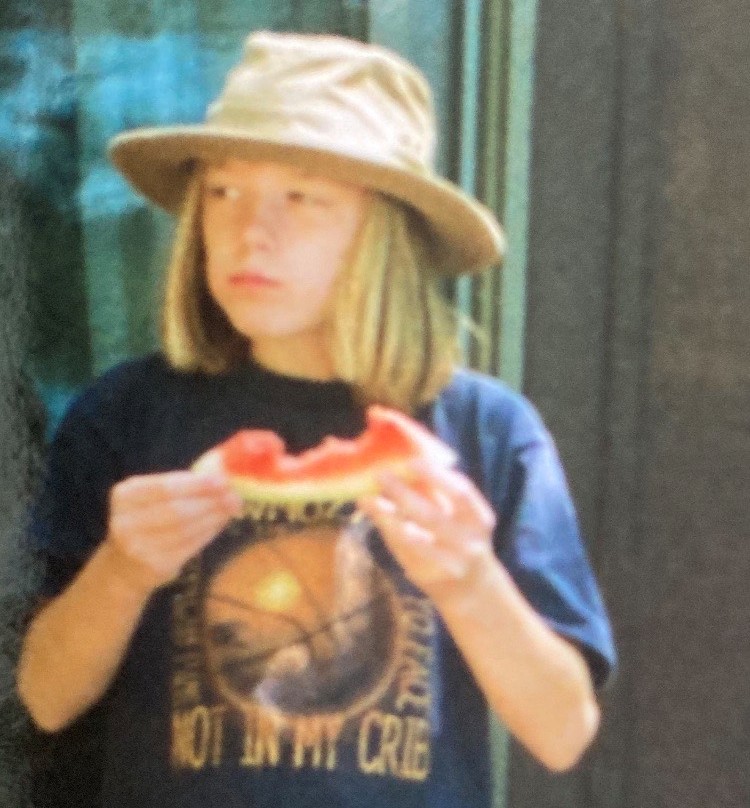By Mary Ellen Ritter
In college, Emma Molls was always involved in some form of LGBTQ+ organization, whether a formal student group or an informal community. Today, those experiences have led to Molls’ professional passion.
Molls, who uses she/they pronouns, doubles as a University of Minnesota librarian and lead contact point for the Pride Affinity Network and Pride@Work, two resources that aim to create social and professional networking opportunities for the LGBTQ+ campus communities. The affinity network connects LGBTQ+ alumni, while Pride@Work is an active network for current employees.
“Queer people as a whole have always sort of been pushed to the edges and not always included in organizations, and I think sometimes just being present is a challenge to the legacy or the history of an institution,” Molls said.
Molls graduated from the University in 2011 with a degree in English and gender, women’s and sexuality studies. They then pursued graduate school at the University of Wisconsin-Milwaukee and later worked at Iowa State University as a librarian until returning to their alma mater.
Although Molls is passionate about creating a sense of community among LGBTQ+ students and faculty, they are aware the “definition” of such communities must constantly adapt to the needs and wants of its members.
“You can feel a sense of pride towards something, but also really want it to change,” Molls said. “You can be proud of the fact that you are affiliated with the university or a school but also have some pretty deep critiques for it and hope for its future. You can really enjoy your job and really feel a connection and alignment with a university’s mission but also want to see it do things differently or do things better.”
Through their roles, Molls does lots of engaging with LGBTQ+ alumni and employees. This specifically entails promoting, hosting and showing face at events.
They also strive to be a familiar and approachable face for the communities — present at other organizations’ events, able to answer personal and professional questions and willing to network personally and professionally.
Steve Davis, associate vice president of engagement for the University of Minnesota Alumni Association, said Molls has been a diligent leader who has played a key role in helping the Pride Alumni Network achieve its mission of developing relationships between LGBTQ+ alumni and the university.
Davis specifically noted Molls’ presence at the Gender and Sexuality Center’s Lavender Graduation events during the pandemic because it encouraged students to stay connected after graduation.
“The success of the University of Minnesota Alumni Association is very grateful for Emma’s efforts and success so far,” he said.
Molls says the alumni network will continue to develop in upcoming years because the demographics of students attending college at the University face generational change around what it means to be queer on campus.
“The experience has really shifted of what it meant to be out on campus in the 1970s versus what it means to be out on campus now,” Molls said. “It’s really a lot of intergenerational dialogue that people are interested in, so I hope we can certainly expand that going forward.”
And for Pride@Work, Molls wants people to feel supported as a whole person, not just as an employee. The network hosts monthly gatherings to emphasize community building. The events are set to be in person during the upcoming warmer months. Molls hopes to create a space safe for LGBTQ+ people to meet and network on a personal and professional basis.
“It is really about making sure we, as a community, are supporting one another,” Molls said. “It’s an opportunity to kind of have a collective voice. So there’s a lot of things that might be unique to LGBTQ+ employees. The University of Minnesota as an employer is a very large system, so it’s easy to feel fairly isolated when navigating through questions that are related to health care or benefits or identity.”
Molls recognizes their work could not be done alone without the support of others.
“I’m just kind of a temporary steward, so I hope that work continues long after I do, and it certainly will shift as needed,” Molls said. “We’re always asking employees to carve out a little bit of their time to help contribute to this community building. It’s often work that’s not paid or being done on extra time, so I realize that everything that I do, I just owe to the people who sort of came before me and created that.”
